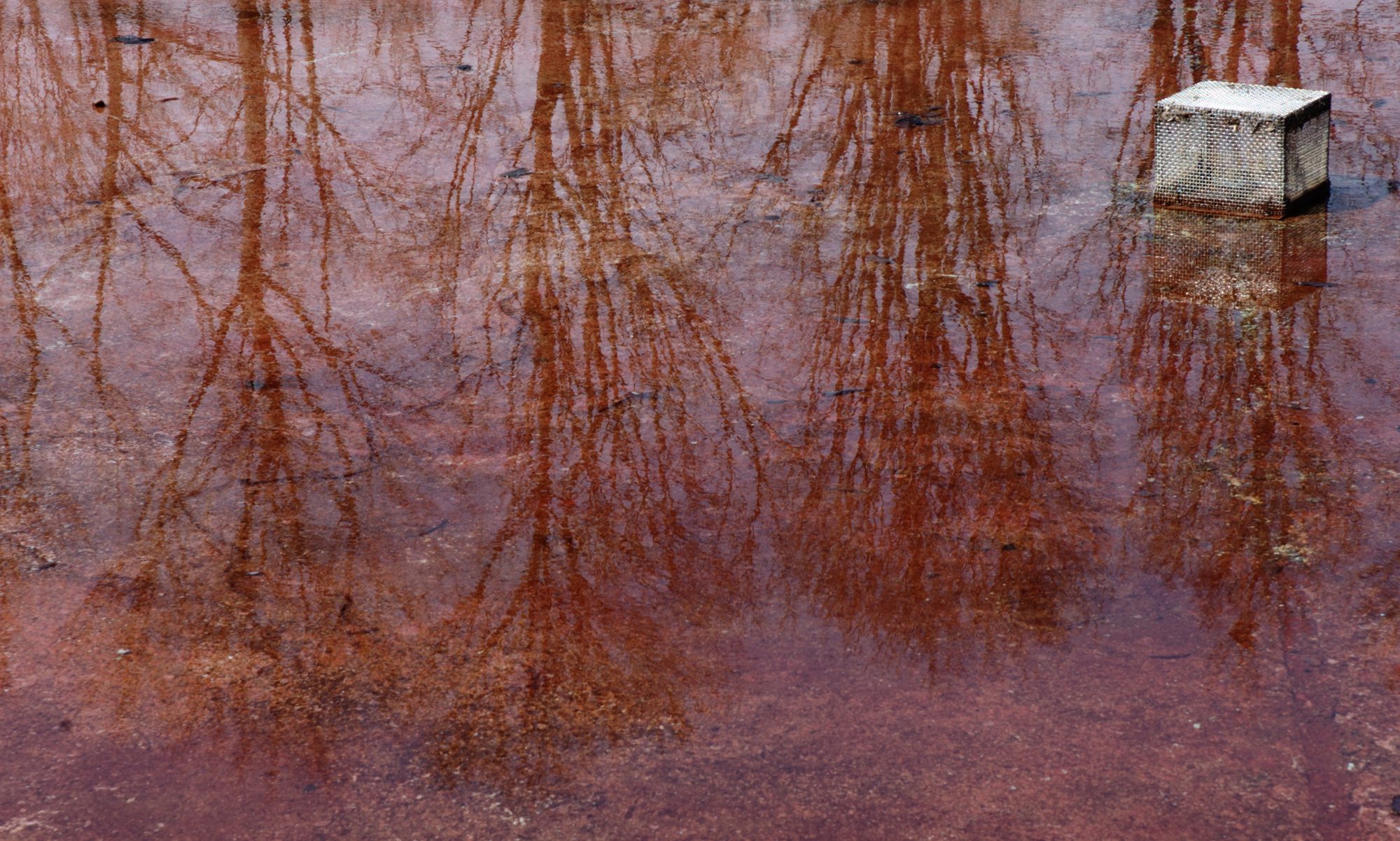Welcome to another piece of writing adv*ce (here are some earlier entries), which eschews advice itself and instead asks questions or demonstrates different (not necessarily better but hopefully not worse) approaches.
I want to say, off the top, that however you end up writing your story, poem, book, essay is good so long as you get the work done. I’m against being too precious about my tools, even though, as I show, it can happen easily. Like any art form, writing can be self-absorbing. The trick is to give ourselves enough time, space, care and attention so that we capture the best of it in our work, without losing touch with day-to-day realities (interpersonal interaction, paying bills). So, yes, sometimes we don’t want to write in just any ol’ journal, but something that’s well-made and maybe looks cool at the same time.
I love fountain pens. I love their aesthetic, love the different inks and nibs. And for a while it’s what I used to do my writing. Now, I should make it clear: with few exceptions I go everywhere with a notebook and a pen. It helps me capture things, purge ideas. The problem I eventually found with fountain pens was that, depending upon the paper, the ink might smudge (I’ll come back to this). Or, I ran out of ink in the middle of a writing session. Or, maybe the nib had an annoying scratchy part that dragged against the paper. Ultimately, I was far too distracted by what my fountain pen brought to the endeavour of writing, or, rather, what it interrupted: work. The work is everything, and, though this need not be an either/if, if need be it takes precedence over the more procedural aspects of writing. Performance artists notwithstanding.
My fountain pens sit dejectedly in a coffee cup on my office desk. They are rarely touched. Some day perhaps, but not now. I’ve been using the same brand of rollerball pen (uni-ball deluxe fine) ever since. It just works, and I don’t have to think about it. It serves my purposes as a tool of my trade. As well as the same pen, I use the same type of notebook. Finding a decent brand and staying with it is another way I try to stay focused on the work without being tempted to switch my tools. That said, someone might easily consider this precious (lest I be accused of modelling my habit after Einstein, who owned multiple copies of the same grey suit). Speaking of notebooks, an interesting thing: a couple of years ago I switched brands for the first time in…let’s say, well over 10 years. My former notebook of choice was Moleskine. They’re perfectly fine, except I hold them partially responsible for my falling out of love with fountain pens. You see, Moleskines, despite appearing in a classic style, are a modern product based on the design of a French notebook from the early 20th century; while you and I would think, because of its pedigree, the quality of the paper Moleskine used would be perfectly suitable to fountain pens, they are, as I ruefully learned a couple of years ago, not. I have since switched to Leuchtturm and have no regrets. (I have to admit, this feels like writing about an ex-girlfriend.)
Writer, if you want to use an old fashioned typewriter, go for it. If you want to write diagonally across the page of your journal, go for it. I might suggest along the way you keep an eye on how your tools serve your task, and be open to asking whether simplifying the way you write would allow you to better focus on the work. Try not to get hung up on your tools. I write less and less in my notebook these days, and more and more I send texts to myself w/ my smartphone. All my smartphone is doing, because it’s practically attached to my hip, is making it easier to do what I achieve with the notebook, albeit with less character. Maybe this is my own preciousness coming out, as I do prefer the act of handwriting. But sometimes it’s just not practical.

